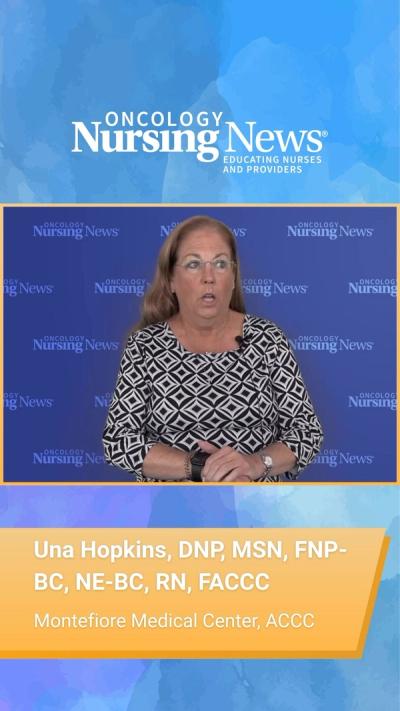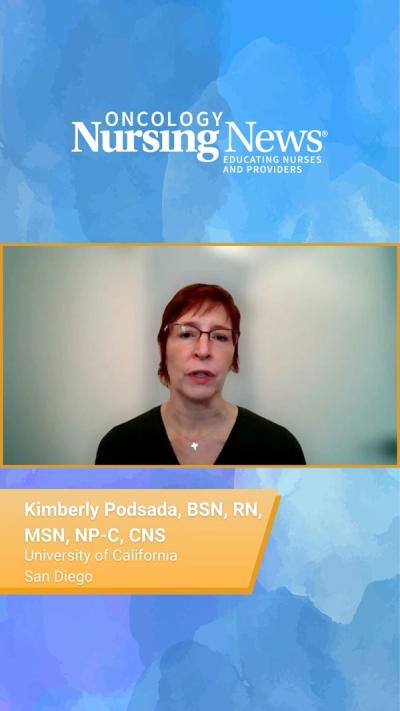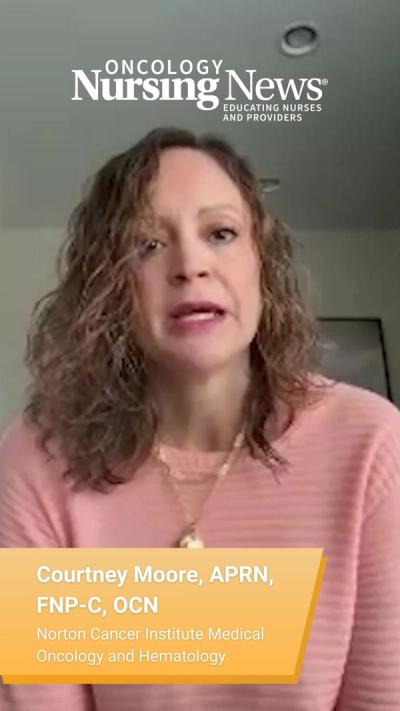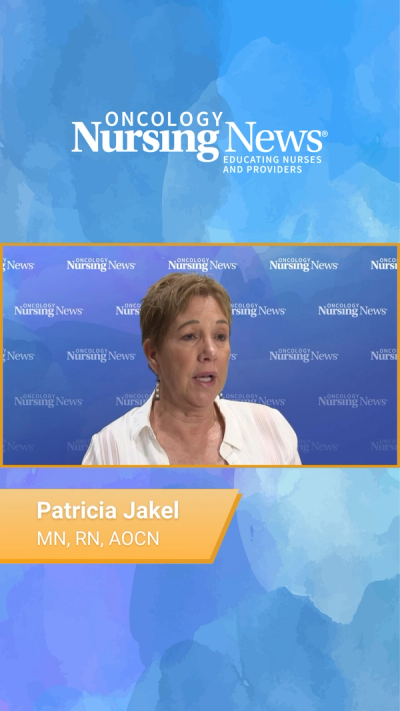
Conference Coverage
about 1 month ago
Physical Activity Reduces Colorectal Cancer–Related Fatigueabout 1 month ago
Zanidatamab/Chemo ± Tislelizumab Shows Frontline SOC Promise in GEAabout 1 month ago
ECOG Status of 1 Associated With Poorer PROs in Gastric/GEJ Cancerabout 1 month ago
T-DXd Plus Pertuzumab Improves QOL, Safety in HER2+ Breast Cancerabout 1 month ago
Microbiota-Based Therapy Yields Response in Refractory GI-aGVHDLatest Content

FDA Approves TTFields Device With Chemo in Pancreatic Cancer

Understanding the Pembrolizumab Treatment Combo in Platinum-Resistant Ovarian Cancers

Zenocutuzumab Granted FDA Orphan Drug Designation in Cholangiocarcinoma

Improving Patient Adherence Through Integrative Oncology Care

Advancing NSCLC Care: RMAT Status, Treatment Timing, and ASCO Updates

Shorts









Podcasts
Videos
All News

The FDA approved IV and subcutaneous pembrolizumab with paclitaxel with or without bevacizumab for patients with platinum-resistant ovarian cancers.

In a clip from the latest Onc Nurse on Call episode, social worker Kelly Grosklags explains that emotions strengthen the connection between patient and clinician in oncology.

Practical examples of advanced practice provider–led initiatives that improve safety, symptom management, and patient outcomes.

The FDA updated its safety labeling for capecitabine and 5-FU to reflect that patients with certain genetic variants risk severe or fatal toxicities.

Investigator Elizabeth Lee, MD, discusses efficacy and safety data for rinatabart sesutecan in patients with endometrial cancer.

A look at the current state of cancer, from survival rates to federal research budgets.

Kelly Grosklags, LICSW, BCD, FAAGC, FT, shares advice for dealing with grief in oncology nursing, from treating patients in denial to showing emotion in front of them.

Dato-DXd has been given priority review for the treatment of patients with unresectable/metastatic triple-negative breast cancer.

Multicancer early detection tests may expand screening options, but does the benefit outweigh the uncertainties?

In a world of unfamiliarity and uncertainty, patient advocates help guide those with cancer through challenging diagnoses and the decisions that come with them.

Nurses are called to honor Alex Pretti’s memory through compassion and action.

The FDA approved a larger vial size of nelarabine for the treatment of pediatric and adult patients with T-ALL and T-LBL.

Updates in ovarian cancer include multiple fast track designations and breakthrough therapy status for new drugs in the clinical space.

The FDA approved subcutaneous daratumumab/VRd in patients with newly diagnosed multiple myeloma who are not eligible for ASCT. Here’s what you should know.

Plus, a phase 1 breast cancer vaccine, updated NCCN guidelines, and a combination with standard-of-care potential in triple-negative breast cancer.









































